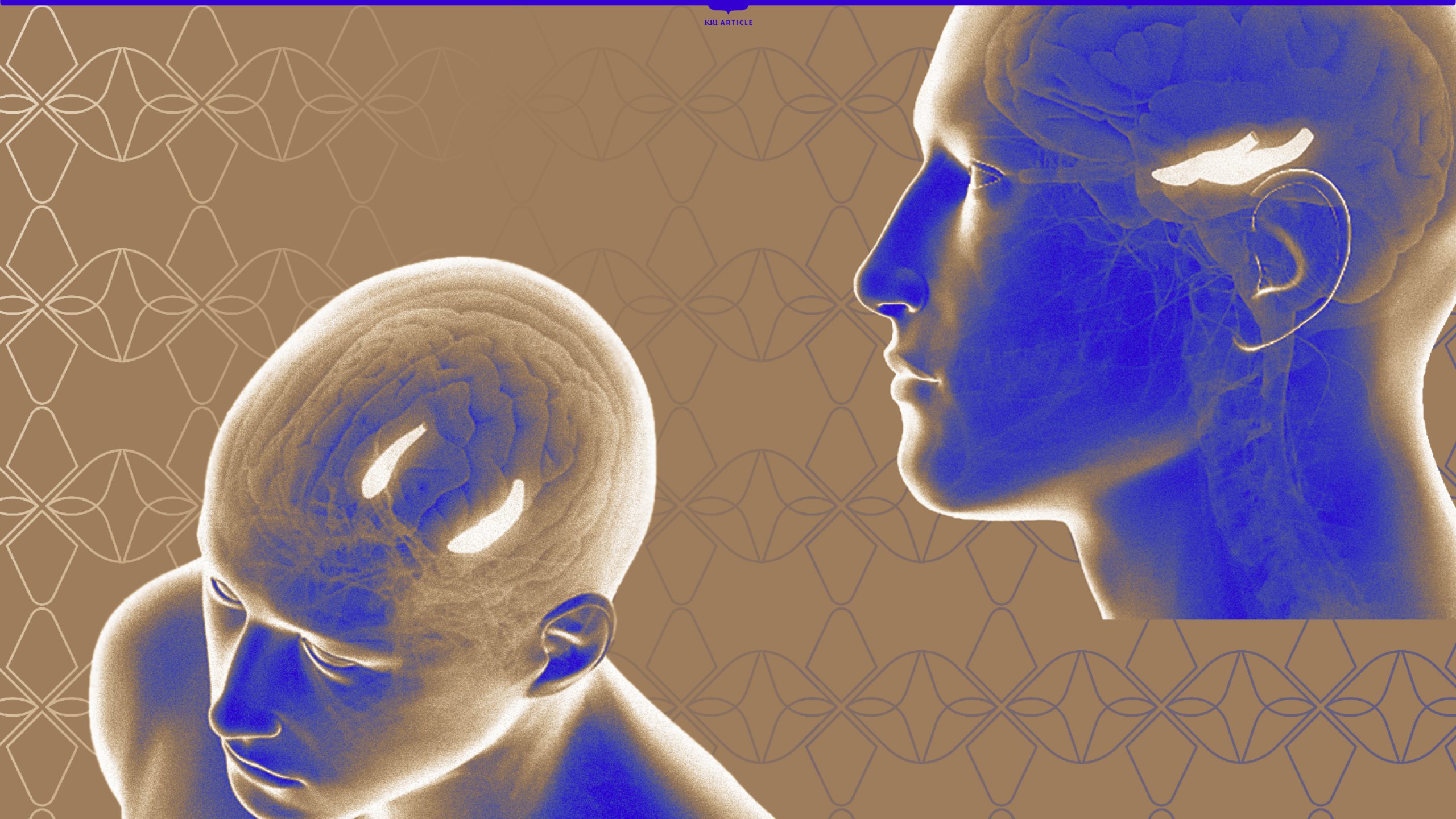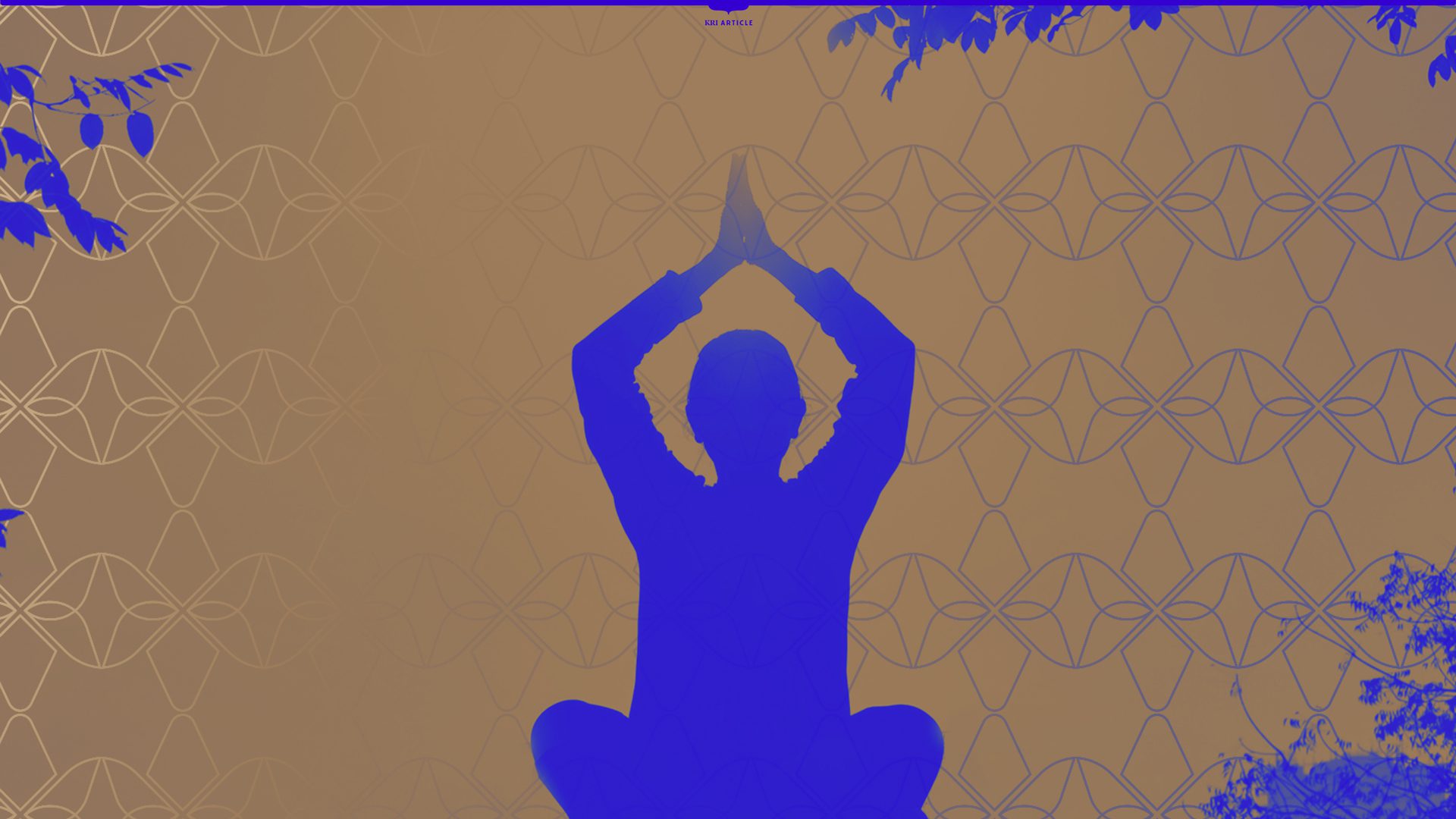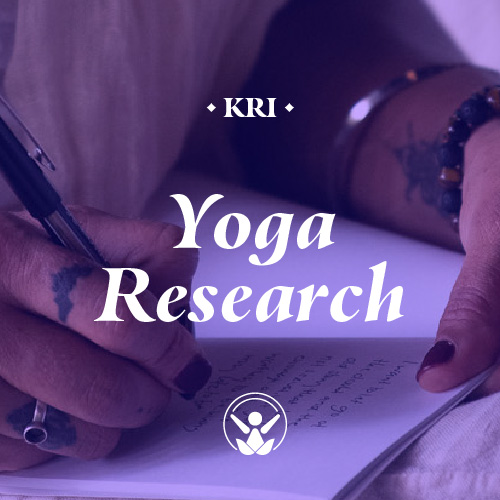
Explore hundreds of research and dissertation
articles on the amazing effects of yoga
About yoga research
Although Yoga is a popular and growing practice in the general public, it has unfortunately been restricted to narrow segments of the population and has not yet achieved wide acceptance within the medical, educational, and corporate communities as having potential preventive and therapeutic health benefits. The extension of Yoga to these institutions would dramatically broaden its influence and expand its potential to transform society.
With widespread practice across many populations and demographics, Yoga could have a deep, positive impact on the physical and psychological health of society as a whole. Despite Yoga’s current popularity and the many personal benefits experienced by those who practice it, such “anecdotal” evidence is insufficient to facilitate the full incorporation of Yoga into the healthcare and educational systems.
As with any new practice or treatment being considered by the medical community, carefully designed and executed research studies that convincingly and scientifically demonstrate the effectiveness of Yoga will be required before it can be broadly applied to a large number of populations (children, the elderly, diagnosed medical and psychiatric disorders, etc.) and institutions (hospitals, schools, workplaces, etc.). Although there is a modest but rapidly growing body of biomedical research publications on Yoga, and Yoga is to some small extent being applied in a few institutional settings, much more research is needed to facilitate its full incorporation into mainstream society’s institutions.
On a more local level, those of us applying Kundalini Yoga to special populations and in institutional settings would benefit from a more research-oriented approach in documenting our results. Such documentation will serve as a foundation for future research projects. Furthermore, analysis of this information will also provide constructive feedback to determine the strengths and weaknesses of our programs, thereby helping us refine and improve our programs and their benefits. If you are teaching yoga in a specialized setting or with a special population and wish to consider documenting the improvements and changes occurring in students with Kundalini yoga practice, we have resources and expertise we can share with you to support such initiatives.
Research is an intensive process that relies heavily on personnel and is therefore expensive. Although most biomedical research is funded by government agencies, such funding is difficult to acquire, and research funding for this particular kind of research has its unique challenges. Private contributions and donations are an important supplement to government research grants in the funding of biomedical research. If you are aware of yoga students/practitioners who might be interested and have the means for potentially funding Kundalini Yoga research, please let this opportunity be known to them, as KRI is a 501(c)(3) nonprofit organization that can provide tax deductions for donations received.
our goals

To provide access to a database of Kundalini Yoga scientific research citations involving Kundalini Yoga,

to develop and facilitate communication and collaboration between those interested in researching Kundalini Yoga,

to promote and inspire new research and documentation of the benefits of Kundalini Yoga, and
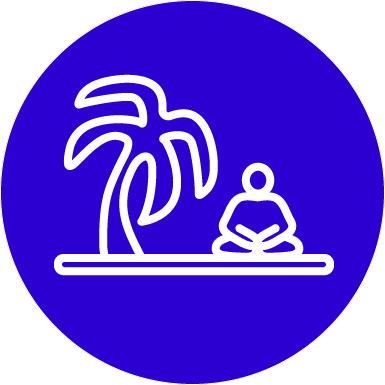
to provide support for Yoga instructors to bring Kundalini Yoga programs to institutional settings and special populations.
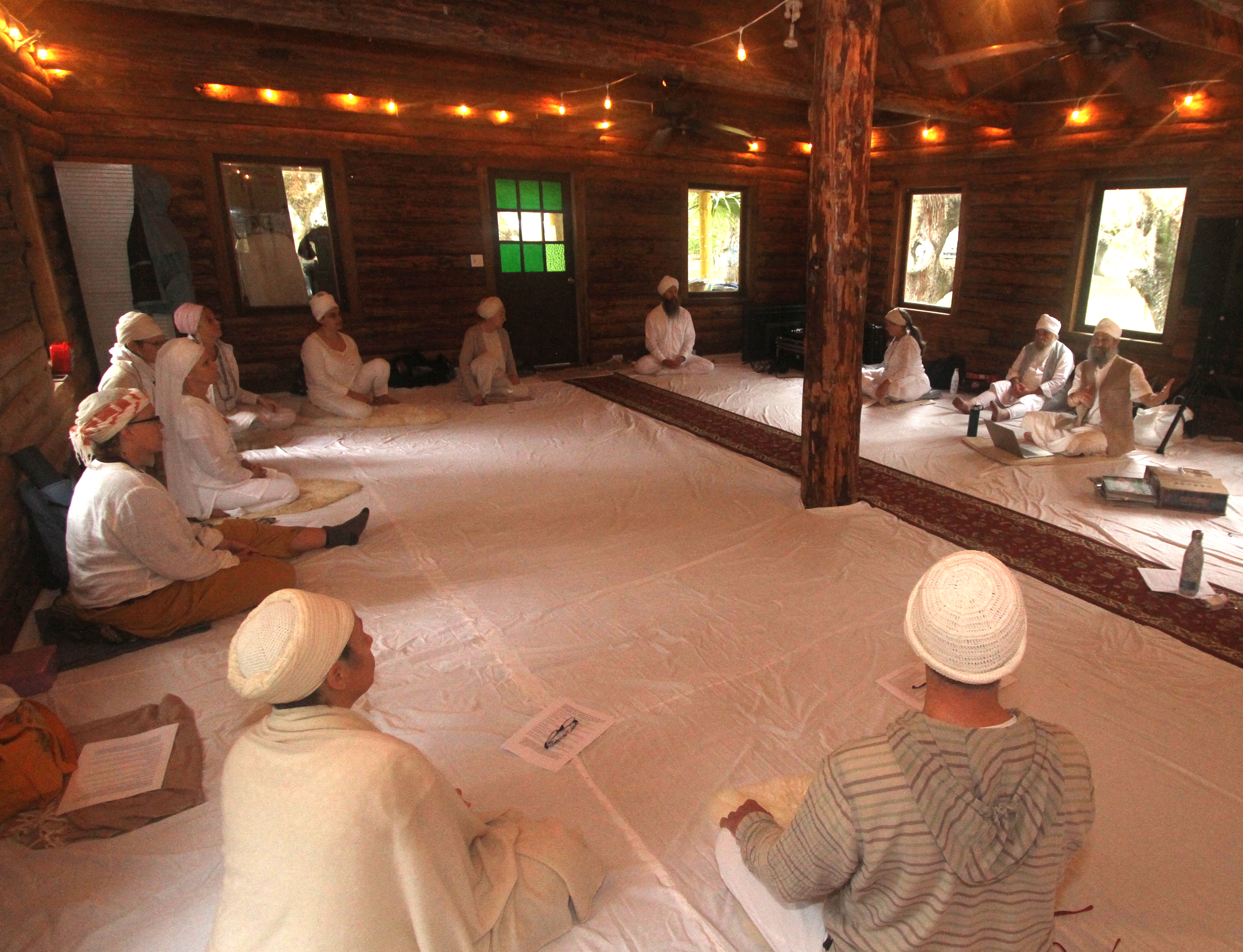
Kundalini Yoga History
Where do the Kundalini Yoga kriyas and meditations come from? What is the history of Kundalini Yoga? Come explore a whole section on the history of Kundalini Yoga to get answers to these questions and many more!
Read our latest research blogs below:
Le pouvoir du bien-être intégratif : Le recours aux approches de santé complémentaires a augmenté au cours des 20 dernières années.
Dans un monde de plus en plus assailli par les facteurs de stress et les maladies, la recherche d'un bien-être holistique n'a jamais été aussi pertinente. De récentes conclusions...
Fév
L’impact du yoga et de la méditation sur la santé mentale est réel, la science le confirme
La demande de solutions de bien-être holistiques augmente, tout comme notre besoin de comprendre les effets profonds que le yoga et la méditation peuvent avoir sur notre santé physique...
Sep
La recherche confirme que le yoga et la méditation aident à soulager l’épuisement professionnel et le stress
Vous vous sentez fatigué, avec des maux de tête de plus en plus fréquents, des sautes d'humeur soudaines, une insatisfaction ou un manque d'appétit ? Gardez l'œil ouvert, car...
Fév
5 raisons scientifiquement prouvées pour lesquelles le yoga et la méditation sont excellents contre l’anxiété
L'anxiété est désormais l'un des maux les plus courants de la vie moderne : elle a augmenté de plus de 25 % au cours de la seule première année...
Une intervention de kundalini yoga augmente le volume de l’hippocampe chez les personnes âgées : Un essai pilote randomisé et contrôlé
Cet essai pilote randomisé et contrôlé (ECR) a examiné les effets neuroprotecteurs potentiels du yoga Kundalini chez les personnes âgées.
Sep
Kundalini Yoga pour la maladie de Lyme post-traitement : Une étude préliminaire randomisée
Cette étude a examiné l'adhésion au Kundalini yoga (KY) et les avantages potentiels de cette pratique pour les personnes suivantes le syndrome de la maladie de Lyme après traitement...
Sep
Ways to get involved with yoga research
There are multiple ways that Kundalini Yoga teachers and practitioners can contribute to documentation and research on the benefits of Kundalini Yoga practices. These include:
1 – Kundalini Yoga teachers could identify and connect with existing researchers in local academic or medical institutions who conduct research the fields of medicine, physiology, psychology and related fields to interest them in engaging in research on Kundalini Yoga. In this research model the researcher would be responsible for the research and the yoga teacher could provide the yoga expertise and deliver the yoga practices to the study participants. This could be for the study of basic research, which is to examine the effects of Kundalini Yoga practices in normal healthy populations to document the effects and possible mechanisms by which they are acting. It could also be the study of Kundalini Yoga in special populations such as schools, workplaces, prisons, etc. to document the benefits of Kundalini Yoga specific to these populations. Finally, it could be for the study of the efficacy of Kundalini Yoga for the treatment or symptom improvement of medical or psychological conditions. The KRI Director of Yoga Research and/or researchers on the KRI Research Advisory Board https:/yoga-research/kri-research-advisory-committee/ could provide research consultation and possibly serve as coinvestigators. It is possible that KRI can provide some degree of financial support for this research upon request to help with critical supplies or costs. Potential researchers including faculty, postdoctoral fellows, graduate and undergraduate students, and research assistants could be identified by yoga teachers from their yoga student population attending their yoga classes and programs.
2 – Yoga teachers who already have sufficient training and expertise in research and are also based at an institution that supports research on human subjects can elect to conduct their own research studies of choice on Kundalini Yoga practices. It is possible that KRI can provide some degree of financial support for this research upon request to help with critical supplies or costs. Furthermore, the KRI Director of Yoga Research and/or researchers on the KRI Research Advisory Board https:/yoga-research/kri-research-advisory-committee/ could provide research consultation and possibly serve as coinvestigators.
3 – Yoga teachers could do simple data acquisition from students either in regular yoga class sessions or in yoga classes for special populations. These data could be useful as preliminary data to provide support for facilitating new research projects. They could also be useful for yoga teachers to provide validation and efficacy of Kundalini Yoga practices to support their proposals to institutions to allow or hire them to deliver Kundalini Yoga to their employees, clients or patients. Furthermore, analysis of this information will also provide constructive feedback to determine the strengths and weaknesses of our programs, thereby helping us refine and improve our programs and their benefits. The KRI Director of Yoga Research and/or researchers on the KRI Research Advisory Board https:/yoga-research/kri-research-advisory-committee/ could provide research consultation on the possible questionnaires or other measures of change and improvement that teachers could apply, on the best methodological procedures to use in implementing these measures, as well as some data analysis on the collected data.
4 – The only significant challenge in moving research on Kundalini Yoga forward is financial support. There are possibly many affluent students attending our yoga classes who have significantly benefitted from Kundalini Yoga and who may be interested in financially supporting research on Kundalini Yoga as a way of giving back. Yoga teachers are in a position to solicit such interest from their yoga student population and classes. Financial donors for research on Kundalini Yoga can received tax deductions for donations to KRI for research as KRI is a registered charitable organization in the U.S. The KRI website has a donation page set up for this process, see: https:/donations/.








